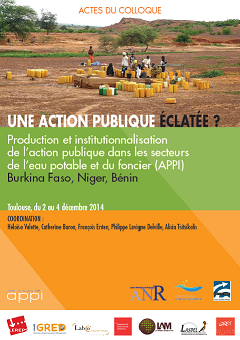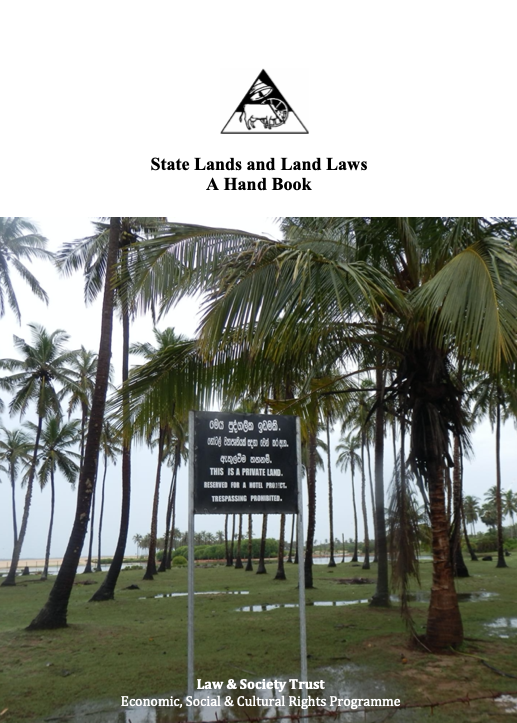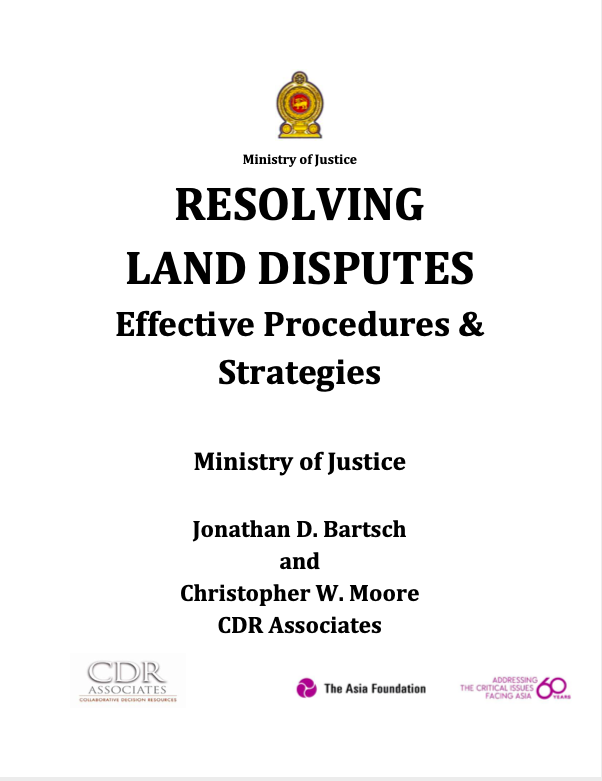Climate Research for Development in Africa CR4D : Advancing new frontiers of climate research to enhancing co-production of climate information and services for sustainable development planning in Africa
This document focuses on the Side event COP21: Climate Research for Development in Africa (CR4D). CR4D is an African-led initiative supported by partnership and leadership of African Climate Policy Center (ACPC) of UN Economic Commission for Africa (UNECA), African Ministerial Conference on Meteorology (AMCOMET), World Meteorological Organization (WMO), and Global Frame-work for Climate Services (GFCS). ACPC hosts CR4D Secretariat






